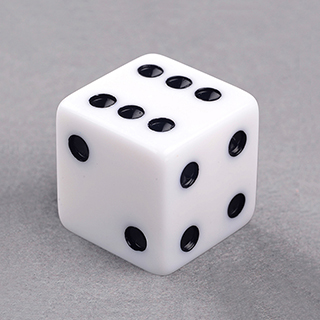No Conflict, No Story by Patty Blount
I remember many years ago, when becoming an author was still a dream for me, I used to read lots of fan fiction.
Back then, my favorite TV show was The X-Files so I looked for fan fiction set in that world. I didn't know it then, but reading a lot of fan fiction provided my first introduction to Conflict as an essential story element.
Let me explain.
For fan fiction readers, we usually LOVE stories about our favorite characters that aren't typically shown in their actual universe. For example, Mulder+Scully love stories because the show was very careful NOT to make them a couple until the very end of the series.
I read MANY of these 'ship' stories and one thing I learned is that new writers tend to post stories that are all sunshine and rainbows where everything is perfectly perfect.
Guess what?
These stories were BORING!
Mulder and Scully were polar opposites -- he believed every light in the sky was an alien visitation while she looked up to that same sky and saw atmospheric discharges caused by swamp gas or giant balls of hot gas whose light took millions of years to reach us. Conversely, her religious faith was something he could not believe in.
The result? Conflict, baby, with a capital C. And that conflict was what made the show so watchable for me. These characters always found a way to respect each other's approaches to the same investigations, and when they did disagree, still found ways to work together.
These fan fiction stories weren't merely stripped of conflict; they also stripped the characters of their joie de vivre.
What makes fiction so enjoyable is watching characters ACT, in other words, putting a light in the sky and KNOWING that nothing will excite Fox Mulder more, KNOWING that nothing will make Dana Scully roll her eyes harder than watching Fox Mulder chase that light.
When I finally got serious about my own writing, I discovered that CONFLICT has a lot of layers. It's not just characters in conflict with each other. We have to consider characters in conflict with themselves, with their goals, with their inability to reach those goals, and yes -- even with things they don't know they need.
Readers, this is my favorite part of the writing process. How do I develop a conflict strong enough to sustain an entire novel AND broad enough to provide these multiple layers? I like to use a metaphor I call ONE DIE, MULTIPLE SIDES.
Here's what this means:
In my last YA novel, Someone I Used to Know, main character Ashley survived rape and is prepping for her first day of school two years after the attack. Her rapist is in prison. She got justice. So why is she still unhappy? Because nothing really changed.
That's your first glimpse of the main conflict -- this layer is conflict with herself.
Next, we see Ashley in school, when the principal announces that the football program is returning. It had been shut down after her assault because one of the players was her attacker. This news sends her into a tailspin while elating her classmates. Now we glimpse another side of the same die -- this time, the conflict puts Ashley against her classmates.
Because I love writing dual POV, the next chapter introduces Derek, Ashley's estranged brother. He's away at college where organizers are planning a Take Back the Night rally -yet another side of the die. Derek feels personally responsible for his sister's attack and rightly so.
In this manner, every interaction Ashley has with other characters relates back to her central conflict. She wants desperately to see real change occur. Her brother blames himself for her attack. Her classmates blame her for ending football.
With that backstory in place shoring up the story, every scene I wrote had tension rippling across the pages.
Back when Twilight first came out, I admit I thought it was fairly brilliant to set up the central conflict as a guy falling in love with his MEAL.
Like I said, it's my favorite part of the process. How do you develop conflict? What's your favorite conflict you've ever read?


One die, multiple sides is the perfect way to think of it.
ReplyDeleteIt really helps me keep things straight in my draft!
DeleteI remember this book well
ReplyDeleteI'm honored!
Delete